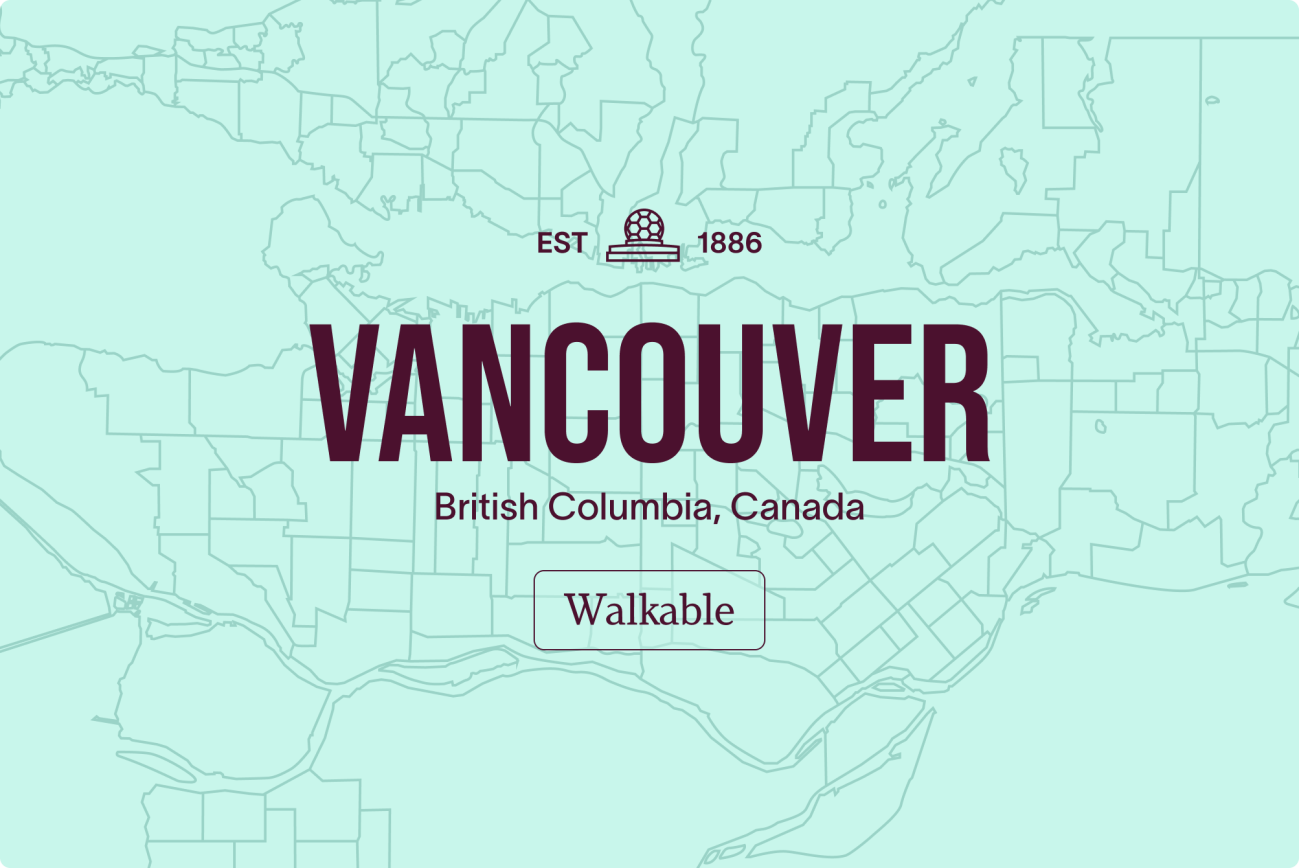If you’re wondering about the state of the Canada housing market and have been watching from between your fingers as the central bank makes its interest rate announcements, then there could finally be some hope on the horizon. That’s because the housing market appears to be stabilizing, with key indicators, such as listings inventory, price and number of sales all returning to more typical numbers for the season. While it’s too soon to assume that we’re through the worst, analysts agree that there are multiple signs to indicate the housing market is levelling out.
A pause on interest rate hikes
One of the biggest factors impacting the Canada housing market is rising interest rates, which at the current rate of 5% have reached their highest number since 2001. In the past 18 months, the run of rate hikes has seen the Bank of Canada raise interest rates by 475 basis points since their historic lows during the COVID-19 pandemic.
However, on September 6, with inflation cooling from its high of 8.1% in the summer of 2022, the central bank finally paused the rate hikes. This can be considered good news for both the economy and housing market, particularly since the housing market usually picks up at this time of year, after summer ends.
While the rate hike pause is encouraging, the future of interest rates remains uncertain. Following his announcement of the pause, Governor Tiff Macklem of the central bank said that the 2% inflation target was in sight, but warned that further hikes may be required, depending on a number of economic factors.
How did we get to the current Canada housing market?
The past year-and-a-half of rising rates have served to cool the economy and bring down record-high inflation, but have also resulted in a significant rise in borrowing and mortgage costs for Canadians. Investing in property has become more costly and with so much uncertainty around the economy, it seems that prospective buyers have been exceptionally cautious of entering the housing market.
In turn, many homeowners have been reluctant to sell, so the number of home resales has also tanked. From a basic economic perspective, this market inactivity has led to a limited supply of homes, pushed property prices up and made homebuying increasingly unaffordable, especially for first-time buyers.
According to an RBC housing report in the spring of this year, nationwide resales hit “recession levels” not seen since the 2008 financial crisis (excluding the spring of the pandemic in 2020).
Furthermore, booming immigration and a deficit of new build homes have resulted in supply shortages—an issue which many anticipate will linger in the coming months.
So where does this leave those with a financial interest in the housing market?
Numbers coming out of the housing market in recent months seem to be moving in the right direction and provide hope that the market may not crash per some predictions at the start of the year.
With more confidence in the housing market across the board, homebuyers will likely have more choice and purchasing power. While the supply of homes for sale is still low, the number is getting closer to what we might expect, which could give buyers more leverage and help to slow price growth.
The central bank’s announcement also makes fixed-rate mortgages more stable for homebuyers. However, there are still two more rate decisions from the Bank of Canada between now and the end of the year (on October 25 and December 6), so all eyes will be on the market to determine if further hikes might be necessary.
Variations in housing market conditions across the country
According to a recent RBC special report, tensions in the housing market are easing across the country, but this varies by location.
Across the board, more sellers seem to be entering the market which is helping improve demand-supply conditions, particularly in Vancouver, the Fraser Valley, Toronto and Hamilton. While most provinces are seeing an increased supply of homes for sale and giving buyers more choice, they remain cautious, due to affordability.
According to WOWA.ca, the average price of a home in the city of Vancouver in July was almost $1.3 million, making it the most expensive place to buy a home in the country. However, this still signifies a slight downward turn in the cost of homes in the first two quarters of 2023 year-over-year. A similar pattern can be seen in Toronto, where the median price fell slightly, but buying a detached single-family home would still cost a median price of $1,350,000.
Unlike most of Canada, Calgary has become emblematic of a booming provincial economy, with home prices rising at a fast pace. Despite a significant increase in home resales, the supply cannot keep up with the ever-increasing demand, particularly from new migrants.
In a stats report by The Canadian Real Estate Association (CREA), the median home price for every type of home in Calgary went up by at least 8.9% year-over-year in the first two quarters of 2023. And with demand still growing, prices may not come down any time soon.
The housing market outlook for fall 2023
The good news is that the interest rate hikes have been paused for the time being, but it will likely be 2024 before we see any significant signs of the housing market really recovering. Experts predict that although there could be more choice, homebuyers will likely remain cautious due to challenges with affordability—chiefly as a result of the current high interest rates and the uncertainty around their future.
So what does this mean for homebuyers and sellers in the current market? If you are hoping to enter the housing market or make a move, there are still ways you can succeed. As market conditions show signs of improvement, this could be a good time to prepare for your next steps.
Tips for buyers in the current Canada housing market:
Find out how much you can afford
Before entering a seller’s market, you want to be financially prepared to make an offer when you find a home that fits. The first step is to get pre-qualified for a mortgage. The RBC True House Affordability pre-qualification takes minutes to complete and has no impact on your credit score. You can then work with a financial advisor to get pre-approval, which is a more reliable and accurate indication of how much you could afford.
Consider your mortgage options
There are multiple options for mortgages, which your financial advisor can walk you through based on your needs. For example, if you can afford a bigger down payment (of at least 20%), then there could be 30-year mortgage options available to you that will give you more time to pay off your loan. However, more time means more interest, so you have to weigh up your options to understand what’s going to make the most sense for you financially.
Determine your needs
Make a list of your priorities and needs, so you can narrow in on what you’re looking for. Think about the features that would be most important to you in your new home and those which you’d be willing to bend on. By knowing this ahead of time you can more efficiently filter your options once you start looking.
Scout out locations
Once you have a better idea of your budget and what you’re looking for you can start to decide on which locations might fit you best. It’s even worth familiarizing yourself with those spots, so you can understand local amenities, explore nearby outdoor space or learn which school districts you’d be in.
Tips for homeowners in the current housing market:
It may be a seller’s market, but you’ll still want to ensure you’re showing your home in its best light. If you’re considering waiting it out for a few months to see how the market fares, then use this time to prepare your home before it hits the market.
Get ahead on any renovations or repairs
Even minor cosmetic fixes could have an outsize impact on the sale price of your home, so try to get ahead by making any upgrades or repairs before you hit the market. For any major renovations you plan on doing to increase your home’s value, factor in extended timelines and be sure to maintain your allocated budget, before it becomes a job and cost you don’t need.
Work with a professional
With so much uncertainty on the current state of the Canada housing market, a professional real estate agent could be an invaluable resource to guide you through your sale and help you price your home and sell it for the best price.
Find the support you need
Wherever you are on your home journey, Houseful is here to help you make your next move. Discover what you’re looking for with a personalized home search experience, access expert professional support with our network of agents and financial advisors from RBC, and find guidance resources on our blog, Reading Room.




